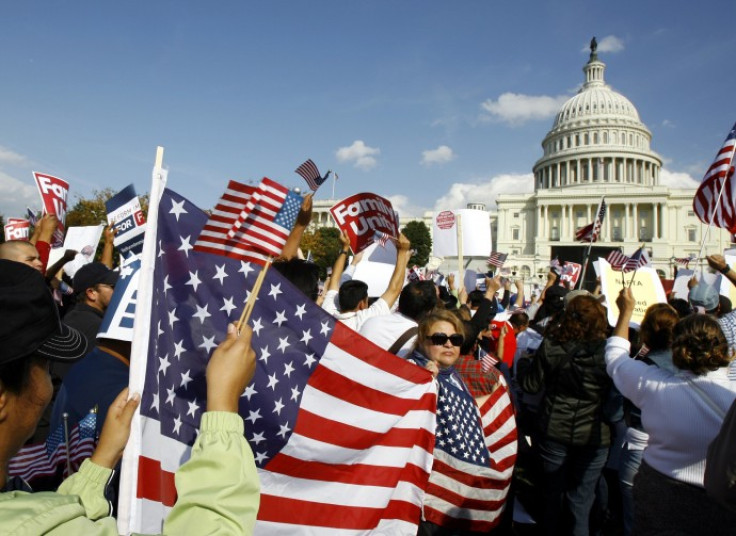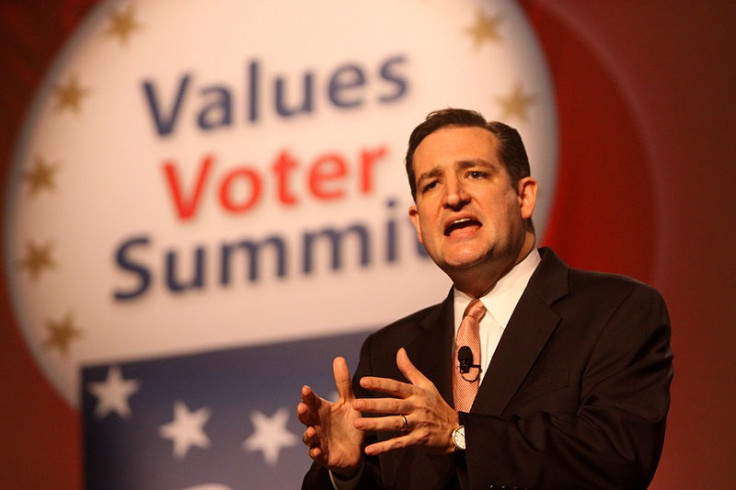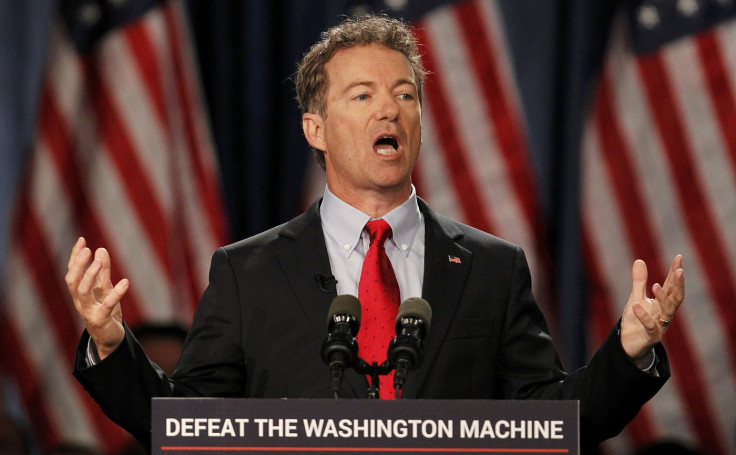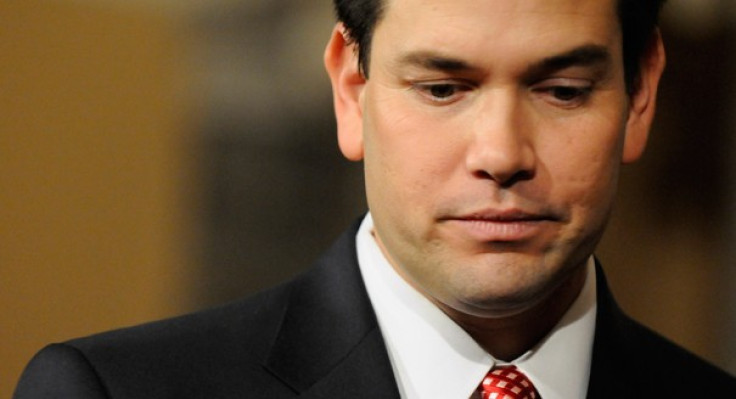US immigration reform: Where do the 2016 presidential candidates stand?

As the 2016 presidential campaign begins to take shape, IBTimes UK takes a look at a decisive issue in American politics: immigration reform. All four official candidates have spoken on the issue of immigration reform, with varying degrees of approval.
Republican candidates have spoken out against President Obama's executive actions expanding the Deferred Action for Childhood Arrivals (Daca) program and the Deferred Action for Parents of Americans and Lawful Permanent Residents (Dapa) program. Meanwhile, the lone-standing Democratic candidate has come out in favour of the executive decisions.
Texas Senator Ted Cruz (Republican)

The Texas senator, who was the first to officially declare his candidacy, is a strong advocate of legal immigration, according to his website. The son of a Cuban immigrant, Cruz has led strong opposition to many of President Obama's immigration reform policies, including his executive actions regarding DREAMers.
According to Cruz's website, "President Obama's policies have encouraged drug smugglers, child abusers, murderers, and other dangerous criminals to traffic immigrant children into our nation under life-threatening conditions."
In 2013, Cruz proposed amendments on border security, expanding green card opportunities, increasing high-skilled "H1B" visas and preventing undocumented immigrants from receiving welfare to the Senate's "Gang of 8" bill. That immigration reform bill would later fail to pass.
Recently, the senator questioned US Citizenship and Immigration Services over the use of fees from legal immigrants to fund President Obama's executive action expansions. "That executive amnesty benefits and in fact gives preferences to those who are here illegally, and it does so to the detriment of legal immigrants, of those who have followed the law and come here legally," Cruz said on 4 March.
Kentucky Senator Rand Paul (Republican)

Fellow Republican Senator Rand Paul is also a supporter of legal immigration and states he does "not support amnesty". The second official candidate of the 2016 race has also voiced his support for a more secure border, citing national security.
According to Paul's campaign website, securing the country's border would be his priority if he reaches the White House. The senator's immigration reform work in Congress has revolved around this issue.
Paul's "Trust but Verify" amendment hopes to place Congress in control of border security, track student visa holders and those granted asylum and refugee status.
While he has stated that the country is in dire need of immigration reform, Paul voted against the Senate's "Gang of 8" immigration reform. In an Op-Ed written for Politico, Paul cited the legislation's failure to secure the border first and to fix the immigration problems facing the country.
"Perhaps the worst part of this legislation is that it doesn't even attempt to fix the existing system. It doesn't address our current refugee policy, student visa system, or how to track visitors still in the country because of visa overstays — an issue with significant national security implications," Paul wrote.
The senator has also led efforts to repeal Obama's executive order to delay deportation of nearly five million undocumented immigrants. According to The Hill, Paul proposed a companion bill called "Preventing Executive Overreach on Immigration Act" to a bill sponsored by Representative Ted Yoho.
Former Secretary of State Hillary Clinton (Democrat)

The first Democrat to announce her bid for president has remained largely quiet on her views regarding immigration since announcing her candidacy. Clinton's campaign website does not list the former secretary of state's views on immigration reform, or any other issue.
According to the New York Times, Clinton is in favour of President Obama's executive orders on immigration, saying they were necessary "to begin fixing our broken immigration system to focus finite resources on deporting felons rather than families."
As senator of New York, Clinton voted in favour of a plan endorsed by President George W Bush, which would provide a path to citizenship for nearly 12 million undocumented immigrants. PBS NewsHour reported Clinton supports waiving deportation for certain immigrants and comprehensive immigration reform.
During her first presidential campaign in 2008, Clinton stated she believed undocumented immigrants should be granted a path to legalization if they met certain conditions, such as paying a fine, paying back taxes and learning English.
Florida Senator Marco Rubio (Republican)

The most recent presidential contender has been both an advocate for comprehensive immigration reform and an opposer of Obama's executive actions.
According to Rubio's website, the Florida senator is a sponsor of the "Border Security, Economic Opportunity & Immigration Modernization Act of 2013." Like Paul, Rubio strongly supports a more secure national border and does not support granting any temporary status until the border is secured.
Rubio's bill would eliminate the executive actions by President Obama that provide so-called amnesty to undocumented immigrants. According to the 43-year-old senator, the president's executive orders undercut efforts by Congress to enact comprehensive immigration reform.
In 2013, Rubio was a member of the Senate's "Gang of 8" and advocated for a path to citizenship for the undocumented. However, he has since turned his attention to enforcing border control and repealing both Daca and Dapa. According to Latino Decisions, this change will not help Rubio gain the support of Latino voters.
"If he took a leadership role in advancing comprehensive reform (as he did with the Gang of 8), 54% of Latino voters said they were 'likely' to vote for him in the next election (with 21% 'very likely')", the Latino Decisions report stated. "However, if Rubio focused on security/border control priorities (which does not address the status of the 11 million undocumented currently living in the US) Latino support for Rubio dropped to only 29%; a substantial difference of 25 points."
© Copyright IBTimes 2024. All rights reserved.






